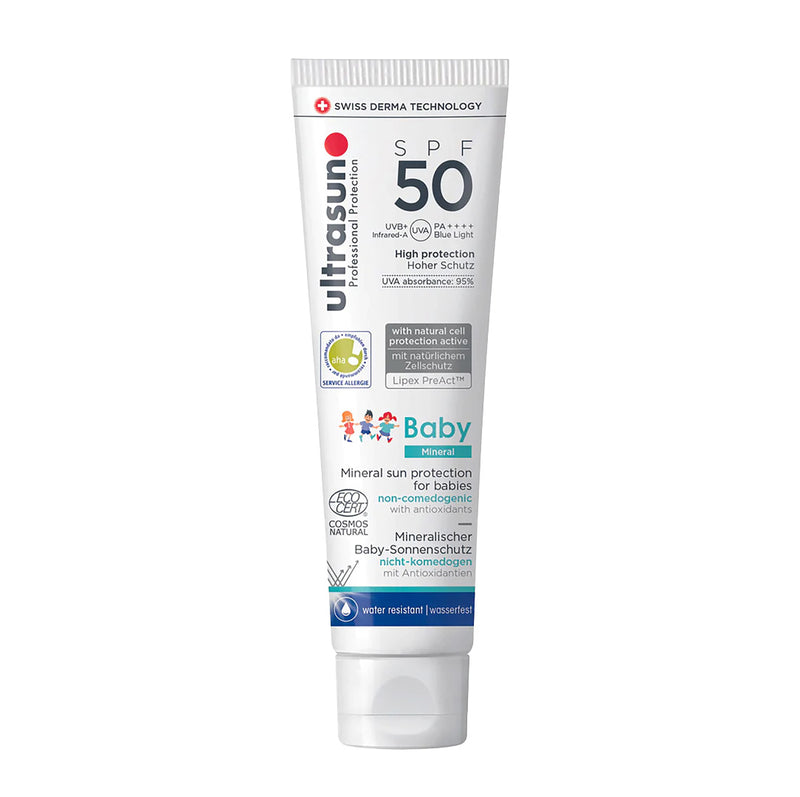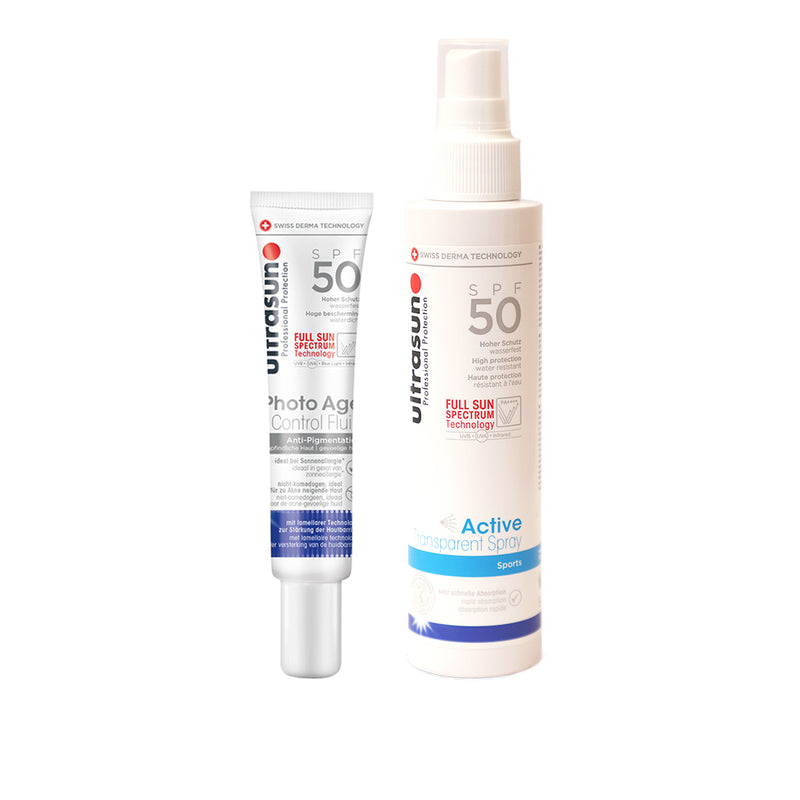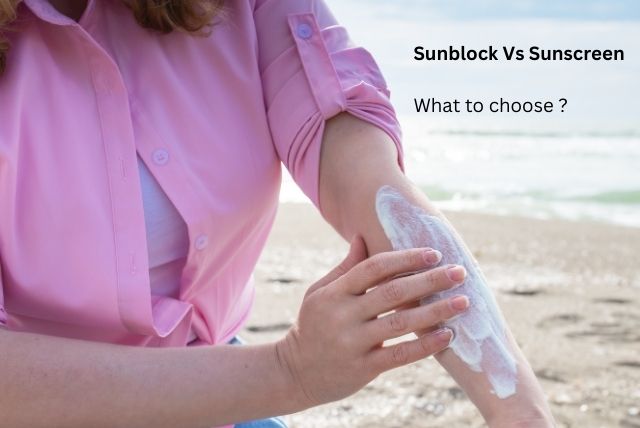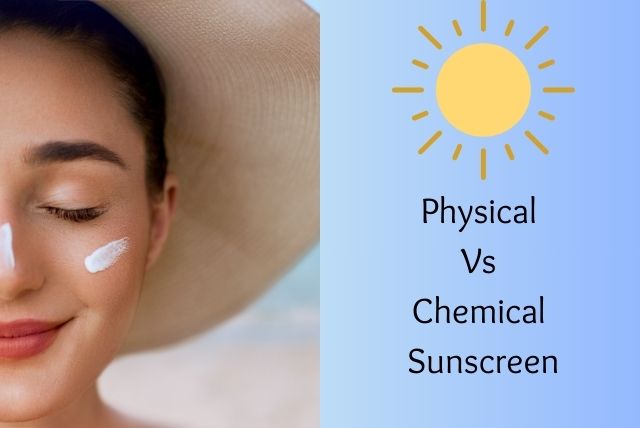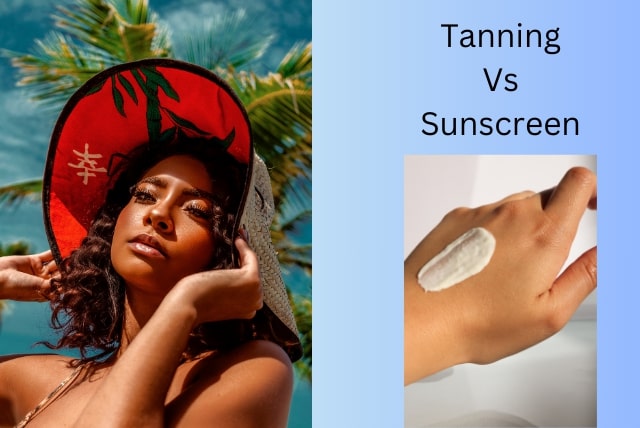Sunscreen is a crucial component of a healthy skincare routine, providing protection against harmful UV rays. However, many people unknowingly make mistakes when using sunscreen, compromising its effectiveness. In this article, we will discuss 10 common sunscreen mistakes and provide practical tips on how to avoid them, ensuring maximum sun protection for your skin.

Mistake 1: Not Applying Enough Sunscreen
The most common mistake is not applying an adequate amount of sunscreen. To achieve the desired level of protection, it is essential to apply a sufficient quantity. Experts recommend using about a shot glass worth of sunscreen (approximately 1 ounce) to cover your entire body.
How to avoid: Remember to apply it generously to all exposed areas, including the face, neck, arms, and legs. Don't skimp on sunscreen—your skin deserves full coverage!
Mistake 2: Neglecting to Reapply Sunscreen
Another mistake people often make is forgetting to reapply sunscreen regularly. Sunscreen wears off over time, especially when exposed to water, sweat, or friction from clothing. To maintain effective protection, it's crucial to reapply sunscreen every two hours or immediately after swimming or sweating excessively.
Set reminders or use timer apps to help you stay on track with your sunscreen reapplication schedule for avoiding this mistake.
Mistake 3: Using an Expired Sunscreen
Using expired sunscreen is a mistake that compromises its effectiveness. Over time, the active ingredients in sunscreen degrade, rendering it less potent in shielding your skin from UV rays.
Avoid this mistake by: Always checking the expiration date on the sunscreen bottle or tube before application. If your sunscreen has expired, it's time to invest in a new one to ensure optimum protection.
Mistake 4: Applying Sunscreen Only on Sunny Days
Many individuals make the mistake of assuming they only need sunscreen on bright, sunny days. However, even on cloudy or overcast days, harmful UV rays can penetrate the clouds and reach your skin.
Avoid this mistake by using SPF 50 sunscreen in your daily routine regardless of the weather conditions. Make it a habit to apply sunscreen every morning as part of your skincare regimen.
Mistake 5: Ignoring Less Visible Areas
Neglecting to protect less visible areas of the body is a common oversight. Areas such as the ears, back of the neck, tops of the feet, and even the scalp (if not covered with hair) are susceptible to sunburn and skin damage. Take extra care to apply sunscreen to these often-forgotten areas to ensure comprehensive protection.
Correct this mistake: Consider using a spray sunscreen or asking for assistance to reach difficult-to-access spots.
Mistake 6: Using Sunscreen as a Standalone Protection
Relying solely on sunscreen for sun protection is a mistake. While sunscreen is vital, it should be complemented by other sun-protective measures. Wear protective clothing, such as wide-brimmed hats, long-sleeved shirts, and pants, to shield your skin from direct sunlight.
Avoid this type of mistakes by Seeking shade during peak sun hours (typically between 10 am and 4 pm) and using umbrellas or sun shelters can further reduce your exposure to harmful UV rays.
Mistake 7: Not Considering Water-Resistant Sunscreens
Failing to choose water-resistant sunscreens when engaging in water-related activities can be detrimental. Water-resistant sunscreens provide better protection, especially when swimming or participating in water sports. However, it's important to note that water resistance does not mean the same as waterproofing. Even with water-resistant sunscreen, reapplication after towelling off or prolonged water exposure is necessary to maintain effective protection.
Mistake 8: Relying Solely on High SPF
Many people mistakenly believe that a high SPF (Sun Protection Factor) provides invincible protection. SPF primarily indicates the level of protection against UVB rays, responsible for sunburn. However, it doesn't necessarily correlate with protection against UVA rays, which contribute to skin aging and skin cancer.
How to avoid this mistake: Look for broad-spectrum sunscreens that offer protection against both UVA and UVB rays to ensure comprehensive coverage.
Use one of the most effective Ultrasun sunscreens in India with SPF 50 and PA++++ rating and also recommended by dermatologists. It protects your skin against UVA, UVB, infrared and blue light rays. By using this sunscreen, you will be protected from both skin cancer and skin sunburn.
Mistake 9: Forgetting to Protect Lips and Eyes
The delicate skin on the lips and around the eyes is often overlooked when applying sunscreen. Lips can easily become dry, chapped, or sunburned, so it's essential to use a lip balm with SPF protection. Additionally, wearing sunglasses with UV protection helps shield your eyes from harmful rays. Invest in quality sunglasses that block 100% of UVA and UVB rays to protect your eye health.
Mistake 10: Neglecting Sunscreen for Children and Babies
Children and babies require special attention when it comes to sun protection. It's crucial to use sunscreens specifically formulated for their sensitive skin. Look for products with a high SPF and broad-spectrum protection. Additionally, dress children in protective clothing, including hats and UV-protective swimwear. Keep infants younger than six months out of direct sunlight, and consult with a paediatrician before using sunscreen on their delicate skin.
Final Thoughts
By avoiding these common sunscreen mistakes, you can ensure that your skin receives the protection it needs against harmful UV rays. Remember to apply an adequate amount of sunscreen, reapply regularly, and check for expiration dates. Don't forget to protect less visible areas, use sunscreen in all weather conditions, and complement it with other sun-protective measures. Consider water-resistant options, choose broad-spectrum sunscreen, and pay attention to lip and eye protection. Finally, provide special care for children and babies when it comes to sun protection. Embrace these tips, and enjoy the sun responsibly while keeping your skin healthy and radiant.
Read more:



